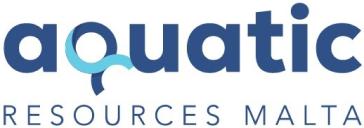Bioras Shrimp.
Aquaculture, the farming of aquatic organisms, is experiencing explosive growth. Projections suggest it will double production by 2050. To meet this rising demand while protecting our oceans, sustainable practices are essential. This means producing affordable, safe, traceable, and healthy seafood with minimal environmental impact. One promising approach is land-based integrated multi-trophic aquaculture systems (IMTA). These systems mimic natural ecosystems, allowing to produce high-quality seafood alongside valuable environmental services.
Additionally, utilizing underutilized resources like solid waste promotes sustainability and a circular economy where waste becomes a resource. Shrimp is a global delicacy experiencing a surge in demand. Europe is increasingly interested in locally sourced, sustainable shrimp. BIORAS_SHRIMP addresses this need by developing a bio secure, land-based shrimp culture model. This innovative system aims to minimize waste, boost productivity, and recover energy and nutrients for further biomass production, creating a circular economic process.
Project goals:
- Design, build, and test a cutting-edge Recirculating Aquaculture System (RAS) optimized for intensive shrimp farming.
- Develop and implement the system in Malta and Norway, with large-scale validation planned for Italy.
- Establish methods for waste recovery and by-product valorisation, transforming aquaculture waste into valuable biomass.
By implementing these advancements, BIORAS_SHRIMP paves the way for a more efficient, sustainable, and future-proof shrimp aquaculture industry.
